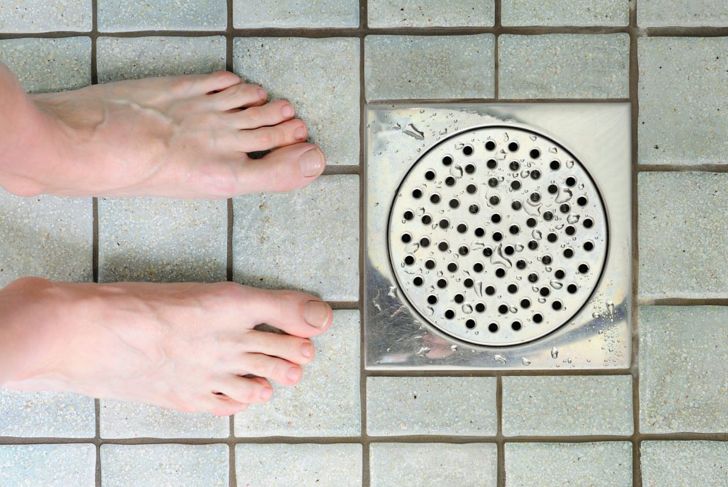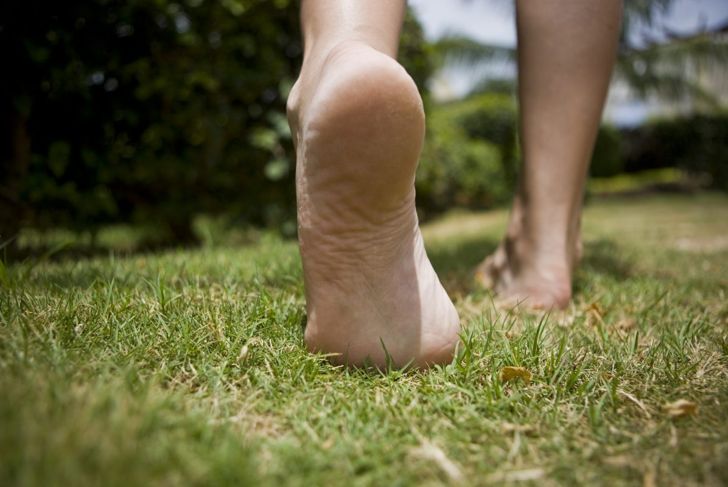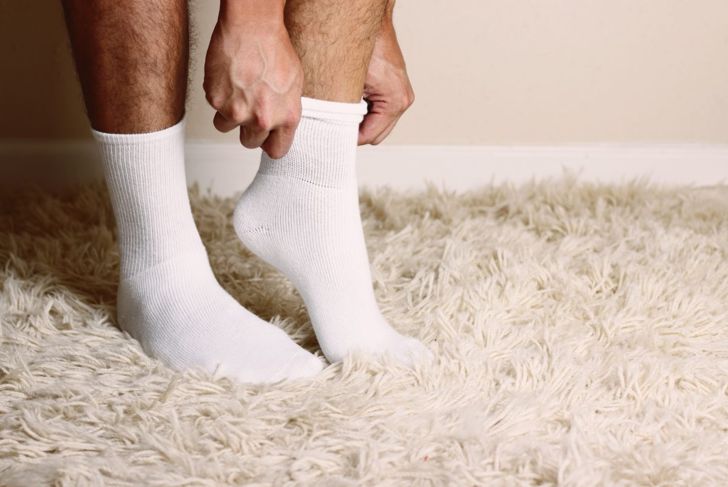Although plantar warts are unpleasant, they are generally not a serious health threat. They are also quite common; many people experience them at some point, and children and young adults are most often affected. In about two-thirds of cases, plantar warts clear up on their own without any treatment, though it can take several years for them to disappear completely.
Types of Plantar Warts
Plantar warts develop on the bottom of the foot and are present in two ways. Some are single warts that increase in size and may eventually develop smaller satellite or surrounding warts. Others develop as mosaic warts, a small cluster that grows close together. Mosaic warts are more difficult to treat.
Cause
Plantar warts are caused by human papillomavirus or HPV. Infection results from the foot coming into contact with other infected skin cells, often in public places like locker rooms and swimming pools. The virus enters the skin through tiny cracks. The strain of HPV that causes plantar warts is not particularly contagious, but some people seem to be more prone to developing plantar warts than others.
Symptoms
Plantar warts have multiple symptoms. They have a hard, callous-like appearance and often have a black dot in the center. This black dot is dried blood from the tiny capillaries in the foot. Plantar warts grow deep into the tissue, getting larger and deeper over time. They can be very painful when walking or standing and placing pressure on them.
Diagnosis
In most cases, plantar warts are diagnosed based on clinical appearance. Sometimes, the diagnosis is difficult if the black dot is not immediately visible, and the plantar wart is confused with corn. In this case, the doctor may have to shave the surface off of the wart to locate the black dot that confirms the diagnosis.
Can Plantar Warts Be Cured?
There are multiple treatments for plantar warts, and while some are effective, there is no guaranteed cure. Young people with fresh warts are the easiest to treat, while anyone with impaired immunity is much more difficult. That said, most plantar warts will clear up on their own with enough time, so treatment is not always necessary unless there are complications.
Things to Consider Before Treatment
Before attempting to treat a plantar wart, there are a few things to consider. Some warts are difficult to get rid of and may take multiple treatments, and successfully treating one wart does not prevent more from forming. Plus, some treatments are painful, leading to blisters that also cause pain and discomfort.
When To See a Doctor
In most cases, people can identify plantar warts without medical assistance, especially if the black dot is obvious. That said, there are times when seeing a doctor is necessary. These include changes in the appearance of the wart, bleeding, unsuccessful treatments, pain, or if you are unsure what the lesion is. People with weakened immune systems or poor sensation in the feet should also see their doctor.
Risk Factors
Anyone can develop plantar warts, but they are more common in certain populations. Children, teenagers, and those with weakened immune systems are most at risk. Those who walk barefoot in public areas, where exposure is more likely, have an increased risk. People with a history of plantar warts are more likely to develop them again.
Complications
Plantar warts do not have many complications. If they are painful, the person may change their gait to avoid putting pressure on the wart; this adjustment can eventually cause muscle or joint pain. People with plantar warts who are also immunocompromised may be at risk for more complications and should talk to their doctor.
Prevention
There are some simple ways to avoid exposure to the virus that causes plantar warts. Keep your feet clean and dry, and change your socks daily. Bring flip-flops or slip-on shoes to the pool and change room. If you have plantar warts, wear comfortable shoes and socks and use treatments regularly for the best chance of elimination. Do not share nail files or pumice stones and avoid picking or scratching warts.

 Home
Home Health
Health Diet & Nutrition
Diet & Nutrition Living Well
Living Well More
More




















